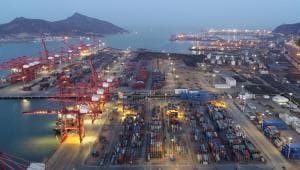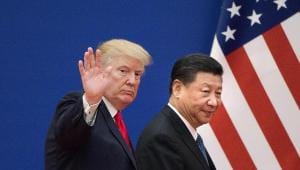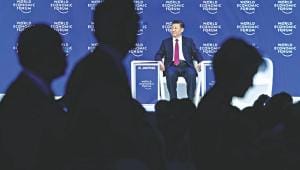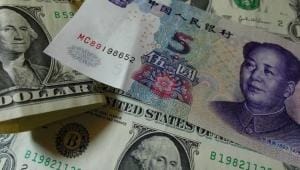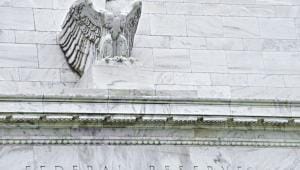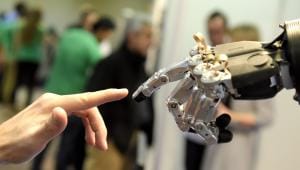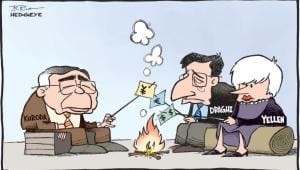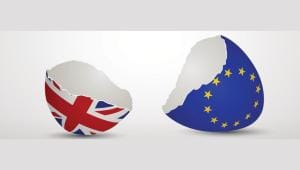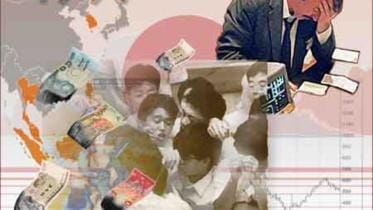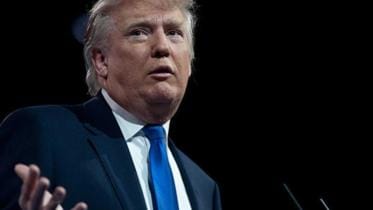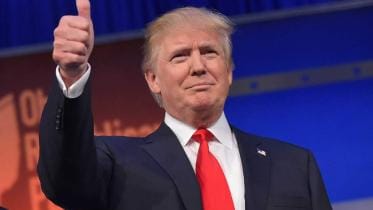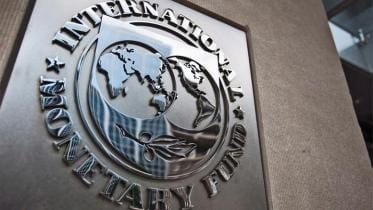Asia's unhappy anniversary
This month marks the 20th anniversary of the Asian financial crisis—or, more precisely, of the event that triggered the crisis: the devaluation of Thailand's baht.
12 July 2017, 18:00 PM
Can US states right Trump's wrongs?
US President Donald Trump, with the help of a Republican-controlled Congress, is undermining many of the fundamental values that Americans hold dear.
14 June 2017, 18:00 PM
Is Germany unbalanced or unhinged?
For US President Donald Trump, the measure of a country's economic strength is its current-account balance — its exports of goods and services minus its imports.
16 May 2017, 18:00 PM
Trump before Trump
Understanding the political success of US President-elect Donald Trump is not easy. There have been many glib comparisons with populist politicians of the past, from Huey Long to George Wallace. But the most revealing comparison may be with an historical figure from another country: the British nativist firebrand Enoch Powell in the late 1960s and early 1970s.
14 January 2017, 18:00 PM
The Age of Hyper-Uncertainty
For all these reasons, the golden age of stability and predictability that was the third quarter of the twentieth century seemed to have abruptly drawn to a close, to be succeeded by a period of greatly heightened uncertainty.
20 December 2016, 18:00 PM
Globalisation's last gasp
Does Donald Trump's election as United States president mean that globalisation is dead, or are reports of the process' demise greatly exaggerated?
20 November 2016, 18:00 PM
Airing the IMF's dirty laundry
Following the International Monetary Fund's controversial actions in the Asian financial crisis of 1998, when it conditioned liquidity assistance to...
16 August 2016, 18:00 PM

